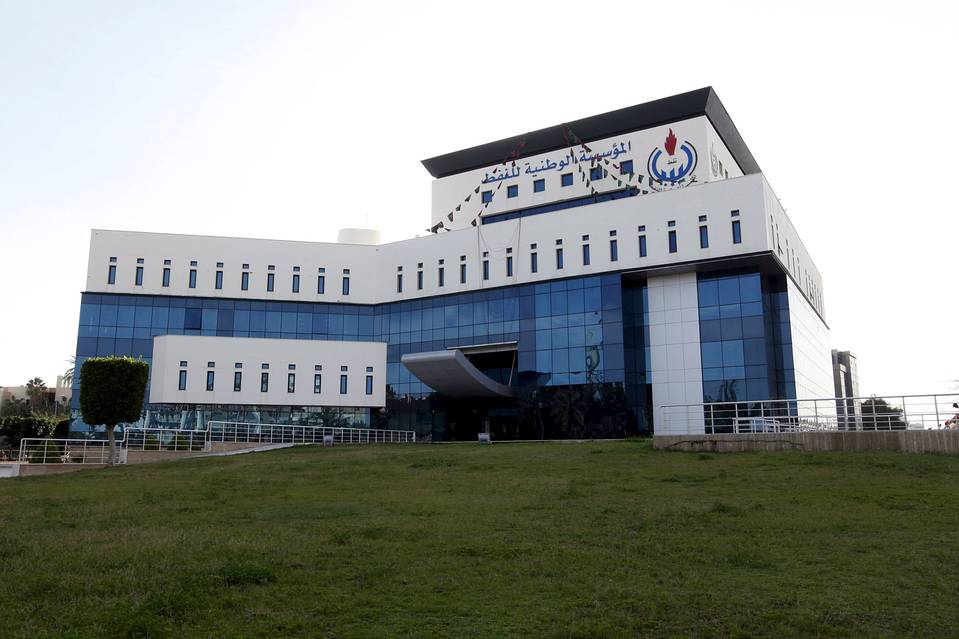Libya’s state oil company announced on Sunday that it welcomed the “unconditional” reopening of blockaded oil ports following a controversial deal being brokered between the U.N.-backed government and a force that controls key eastern terminals.
The agreement, signed on Thursday, could be a major step in reviving Libya’s crippled oil output.
But it had been questioned by National Oil Corporation (NOC) Chairman Mustafa Sanalla, who had warned against rewarding groups that shut down production and complained that the NOC lacked funds for its own operating budget.
In a statement sent to journalists on Sunday, the NOC said the U.N.-backed Government of National Accord (GNA) had released money that would allow it to increase production by 150,000 barrels per day (bpd) within two weeks.
The NOC said it aims to gradually increase output to 900,000 bpd by the end of the year.
Political disputes, conflict and security threats have slashed Libya’s oil production to less than a quarter of the 1.6 million barrels per day the OPEC member was producing in 2011, before the uprising that toppled Muammar Gaddafi and sent the country into political turmoil.
Details of the deal between the GNA and the Petroleum Facilities Guard (PFG) to reopen the ports of Ras Lanuf, Es Sider and Zueitina, have not been made public, but the GNA said they included an unspecified amount for PFG salaries.
Sunday’s statement from the NOC said Mousa Alkouni, a member of the GNA’s leadership or Presidential Council, had assured Sanalla by telephone that the ports would be reopened “without conditions”.
“I am pleased the Presidential Council agrees that we cannot reward individuals who hold Libya’s oil hostage,” Sanalla said.
“There can be no backroom deals if we are to build trust. Any past salary payments to the Petroleum Facilities Guards need to be transparent, properly authorized and documented.”
